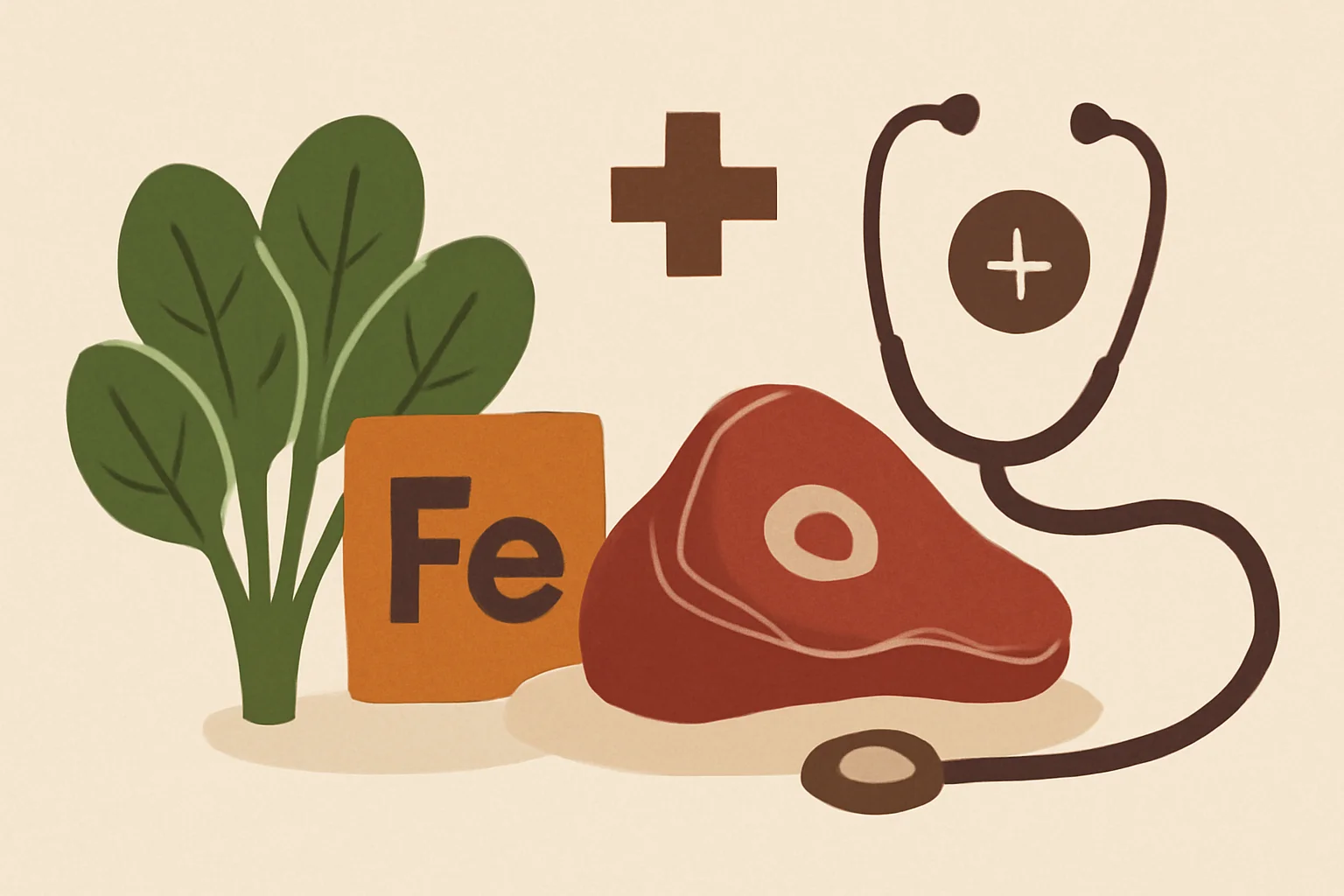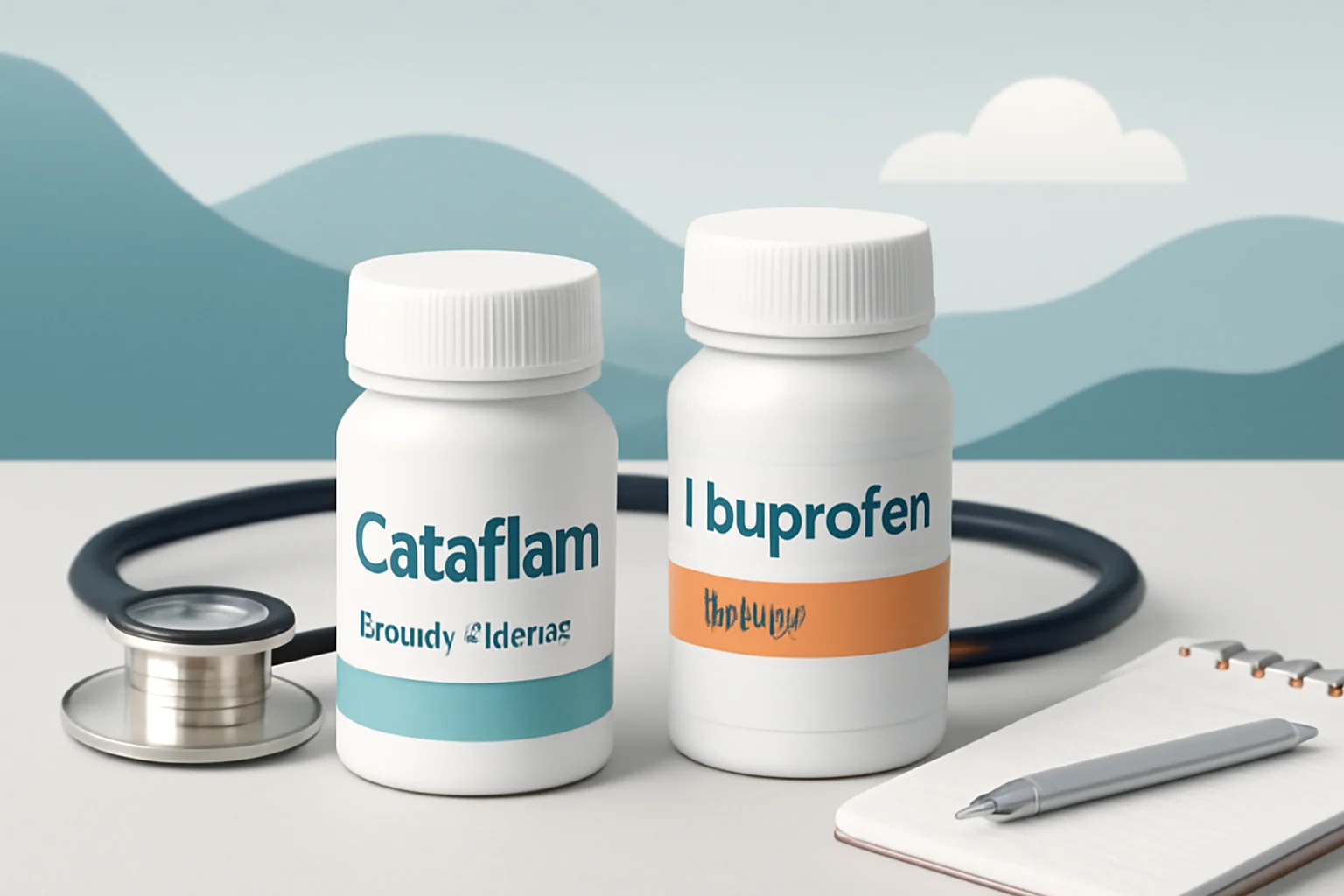
The Importance of Iron Supplementation and Its Health Effects
The topic of iron supplementation is of significant importance in terms of modern nutrition and health maintenance. Iron is an essential mineral that plays a fundamental role in the functioning of the body. It is key in the transport of oxygen, energy supply to cells, and various enzymatic reactions. A deficiency of iron can lead to numerous health problems, including fatigue, a weakened immune system, and anemia.
The necessity of iron supplementation may be particularly important for certain groups, such as pregnant women, vegetarians, and athletes. To ensure adequate iron intake, many turn to dietary supplements, but natural sources of iron can also be extremely effective. Reevaluating our diet and incorporating the right foods can help maintain proper iron levels in the body.
Thus, the issue of iron supplementation is not just about nutrition, but also about preserving long-term health. It is important to be aware of the role of iron, the symptoms of deficiency, and the possible methods of supplementation. In this article, we will examine the various aspects of iron supplementation in detail and provide assistance in making informed decisions.
The Role of Iron in the Body
Iron plays a key role in many essential functions of the body. It is primarily one of the most important components of hemoglobin molecules, which are responsible for transporting oxygen. Hemoglobin is found in red blood cells and delivers oxygen from the lungs to every cell in the body. This process is crucial for maintaining energy levels and the proper functioning of cells.
Additionally, iron is involved in the production of a protein called myosin, which plays a role in muscle contraction. Iron also helps supply energy to cells, as it is found in mitochondria, the energy-producing centers of cells. Therefore, a lack of iron can lead not only to the development of anemia but also to decreased physical performance, fatigue, and a weaker immune response.
Iron absorption occurs in the intestines, and iron from various foods is present in two main forms: heme and non-heme iron. Heme iron, which is found in meats, is absorbed much more easily than non-heme iron, which is found in plant sources. For vegetarians and vegans, it is particularly important to consciously monitor their iron intake, as the absorption of iron from plant foods is lower.
The need for iron varies based on age, gender, and activity level. For example, women generally require more iron than men due to their menstrual cycles. Increased iron supplementation is also necessary during pregnancy and breastfeeding to ensure that the developing fetus receives enough iron.
Symptoms of Iron Deficiency
Iron deficiency can cause a variety of symptoms that are not always clear in the early stages. One of the most common symptoms is fatigue, which occurs due to the reduced oxygen-carrying capacity of iron. In addition to fatigue, iron deficiency is characterized by pale skin, dizziness, a weakened immune system, and difficulties in concentration.
Anemia, which is one of the most common consequences of iron deficiency, can cause shortness of breath, palpitations, and weakness in more severe cases. These symptoms are particularly noticeable during physical activity when the body requires a larger amount of oxygen. Anemia can often go unnoticed, as the symptoms develop gradually, and many tend to interpret these symptoms as a result of stress or fatigue.
Another warning sign of iron deficiency may be hair loss and brittle nails. In such cases, the body uses the available iron for the most critical functions, such as oxygen transport, thus compromising the health of hair and nails. It is important to detect iron deficiency in a timely manner, as long-term deficiency can lead to more serious health problems.
The diagnosis of iron deficiency is made through simple laboratory tests that measure hemoglobin, ferritin, and iron levels in the blood. To prevent iron deficiency, it is advisable to pay attention to nutrition and consider taking dietary supplements if necessary, but this should always be done based on a doctor’s recommendation.
Options for Iron Supplementation
The best way to supplement iron is to reconsider our diet and incorporate iron-rich foods. Meats, particularly red meats such as beef and lamb, are rich sources of heme iron. Poultry and fish are also good sources of iron, making it worthwhile to consume these regularly.
For vegetarians and vegans, plant sources such as legumes (lentils, beans, chickpeas), nuts, seeds, leafy green vegetables (spinach, kale), and whole grains (brown rice, quinoa) can be the main sources of iron supplementation. However, it is important to note that the absorption of iron from plant sources (non-heme iron) is lower, so it is advisable to combine these with foods rich in vitamin C, which enhance absorption.
Taking dietary supplements is also an option, especially if the diet does not provide enough iron. Iron supplements are available in various forms, such as iron sulfate, iron gluconate, or iron fumarate. It is crucial to start taking supplements based on a doctor’s recommendation, as excessive iron supplementation can also lead to health problems.
During iron supplementation, attention should be paid to iron intake, as excessive amounts of iron can harm the body. The extent and form of iron supplementation should always be determined based on individual needs and medical advice.
Iron supplementation is therefore crucial for maintaining proper health, and through conscious nutrition and medical guidance, we can ensure adequate iron levels in our bodies.
**Warning:** This article does not constitute medical advice. Always consult your doctor for health issues.

